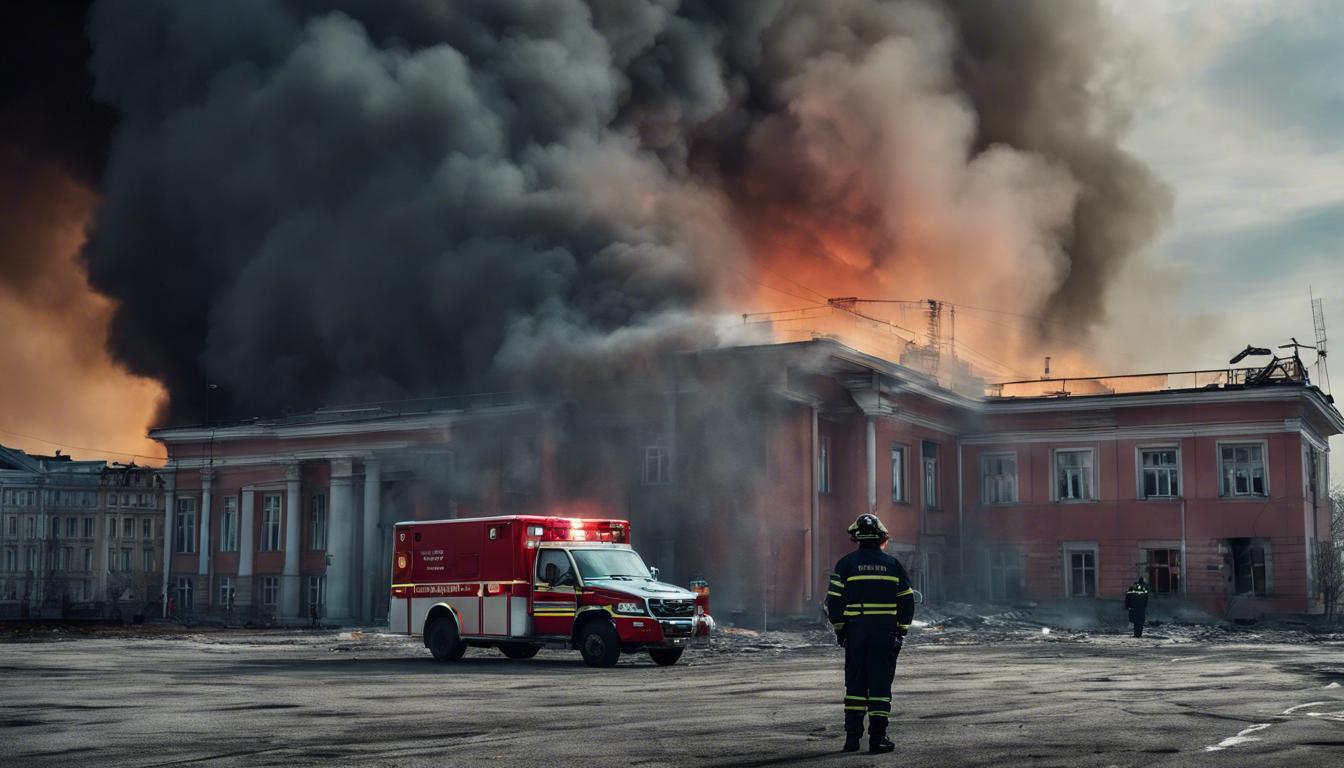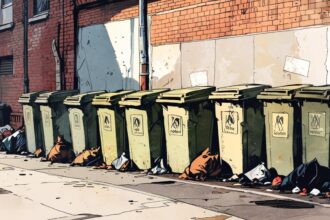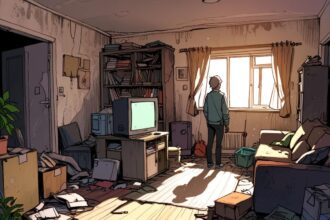Ukraine’s Military Intelligence Chief claims Putin had prior knowledge of the deadly Crocus City Hall attack, alongside discussions of military cooperation between Russia and North Korea, and concerns over the treatment of a Russian human rights activist.
Ukraine’s Military Intelligence (HUR) Chief, Kyrylo Budanov, recently accused Russian President Vladimir Putin of having prior knowledge of the Crocus City Hall terror attack in Moscow and choosing not to prevent it. The attack, which resulted in 143 deaths, is the deadliest extremist incident in Russia in nearly two decades. Budanov suggested that Putin’s motives might include a desire to use the event to purge officials or a misjudgment of the plot’s severity. Despite “radical Islamists” being implicated, Putin has blamed Kyiv for assisting the suspects’ escape to Ukraine, a claim Ukraine denies, emphasizing its opposition to terrorism.
In related news, Sergei Naryshkin, Putin’s spy chief, visited North Korea to discuss strengthening ties amid allegations of North Korea supplying arms to Russia for the conflict in Ukraine. The discussions with North Korean Minister of State Security Ri Chang Dae highlighted cooperation against external pressures, amidst international concerns over missile supplies to Russia.
Amid these geopolitical tensions, the health and treatment of 70-year-old Russian human rights activist Oleg Orlov, imprisoned for his anti-war stance, have become a focal point for human rights advocacy. Orlov’s conditions in detention have been criticized as inhumane, with limited legal access and worries about his well-being intensifying. Memorial, a human rights group, has decried Orlov’s treatment as an attempt to suppress dissent within Russia.
These events underscore the ongoing complexities in Russia’s international relations and the internal crackdown on dissent, amid escalating tensions and security concerns on the global stage.













